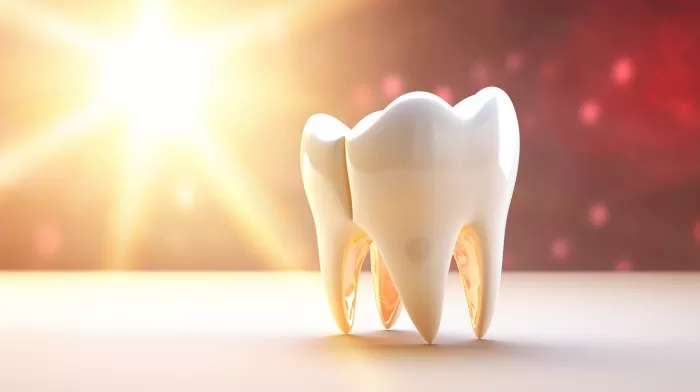There’s been much debate surrounding fluoride and whether it’s the answer to preventing cavities. But now, scientists at the University of Washington have discovered a crucial vitamin that can effectively stall tooth decay: Vitamin D. A review study involving around 3,000 children has shown that Vitamin D plays a significant role in preventing dental caries, or tooth decay.
The Mechanism Behind Vitamin D and Tooth Decay Prevention
The research in the review increased children’s Vitamin D intake by using supplemental UV (ultraviolet) radiation or by supplementing their diets with cod liver oil or other Vitamin D-rich products. Dr. Michael Hollick, a professor of medicine at the Boston University Medical Center, explains that “the findings from the University of Washington reaffirm the importance of Vitamin D for dental health… Children who are Vitamin D deficient have poor and delayed teeth eruption and are prone to dental caries.” Although researcher Dr. Philippe Hujoel wants to study the role of Vitamin D in tooth health further, he notes that “Vitamin D does lead to teeth and bones that are better mineralized.”
How Vitamin D Keeps Your Teeth Healthy
In addition to preventing cavities, Vitamin D is involved in several other aspects of maintaining oral health:
- Reduces Inflammation: Vitamin D has anti-inflammatory properties that help reduce the risk of gum disease.
- Promotes Tooth Development: Vitamin D plays a crucial role in the formation and growth of teeth. It aids in the absorption of calcium and phosphate, essential minerals for strong teeth.
Sources of Vitamin D
To ensure you’re consuming enough Vitamin D to keep your teeth healthy, consider incorporating these Vitamin D-rich sources into your diet:
- Fatty Fish: Salmon, mackerel, and sardines are all excellent sources of Vitamin D.
- Cod Liver Oil: Although it may not be the most delicious option, a single teaspoon of cod liver oil can provide more than your daily recommended amount of Vitamin D.
- Dairy Products: Milk, cheese, and yogurt are good sources of Vitamin D, especially if they are fortified with the vitamin.
- Eggs: The yolk of an egg contains Vitamin D, so consuming eggs regularly can help increase your intake.
- UV Exposure: While it’s important to be cautious about sun exposure, spending a moderate amount of time in the sun can prompt your body to produce Vitamin D.
Other Strategies for Healthy Teeth
In addition to ensuring an adequate intake of Vitamin D, there are other strategies you can adopt for better dental health:
- Maintain a Teeth-Friendly Diet: Steer clear of sugary foods and beverages that can lead to tooth decay. Instead, focus on a diet rich in fruits, vegetables, whole grains, lean proteins, and low-fat dairy products.
- Brush and Floss Regularly: Make a habit of brushing your teeth at least twice a day and flossing at least once for optimal oral hygiene and cavity prevention.
- Drink Plenty of Water: Drinking water throughout the day helps wash away food particles and neutralize acids in your mouth, reducing the risk of tooth decay.
- Chew Sugar-Free Gum: Chewing sugar-free gum after meals can help stimulate saliva production, which helps wash away food particles and prevent cavities.
Conclusion
With research showing the undeniable link between Vitamin D and dental health, it’s crucial to ensure you’re consuming enough of this essential vitamin. By incorporating Vitamin D-rich foods into your diet, spending moderate time in the sun, and following other dental hygiene practices, you can enjoy stronger, healthier teeth and significantly reduce your risk of cavities.



